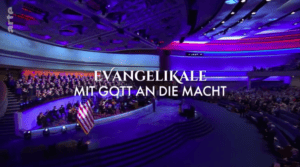
I wear the mark of your disapproval
and your often unspoken words
pierce straight to my soul,
“Why didn’t you stay where you belong?”
I feel the icy stare that says,
“Keep your distance, you foreigner,
with your different-colored skin
and your strange-sounding speech,
with your culture, food, religion, and clothing
that are inferior to my own.”
I’m an immigrant, a wetback, an alien,
an outsider operating a sweatshop sewing machine;
cheap labor: unwanted or dirty jobs
are mine for the taking;
I’m one of the countless invisible ones
who puts fresh vegetables on your plate
or stitches the fashion dresses and shirts
that you buy in your stylish stores.
As Moses of old once said,
“Remember, you were once aliens
in the land of Egypt,”
remember that your grandfathers and grandmothers
were immigrant-unwanteds,
were exploited cheap labor,
second-class citizens,
uneducated and poor,
used and abused,
ignored or looked down upon
for their foreign religion, speech, and food.
The White House,
first house of this great land,
says it well:
White is this land of promise;
no room for other colors or creeds.
Someday we’ll paint the first house
in rainbow colors—
someday, not long from now.
Excerpted from Prayers for a Planetary Pilgrim by Ed Hays (Ave Maria Press, 1979). Used with permission of the publisher.


